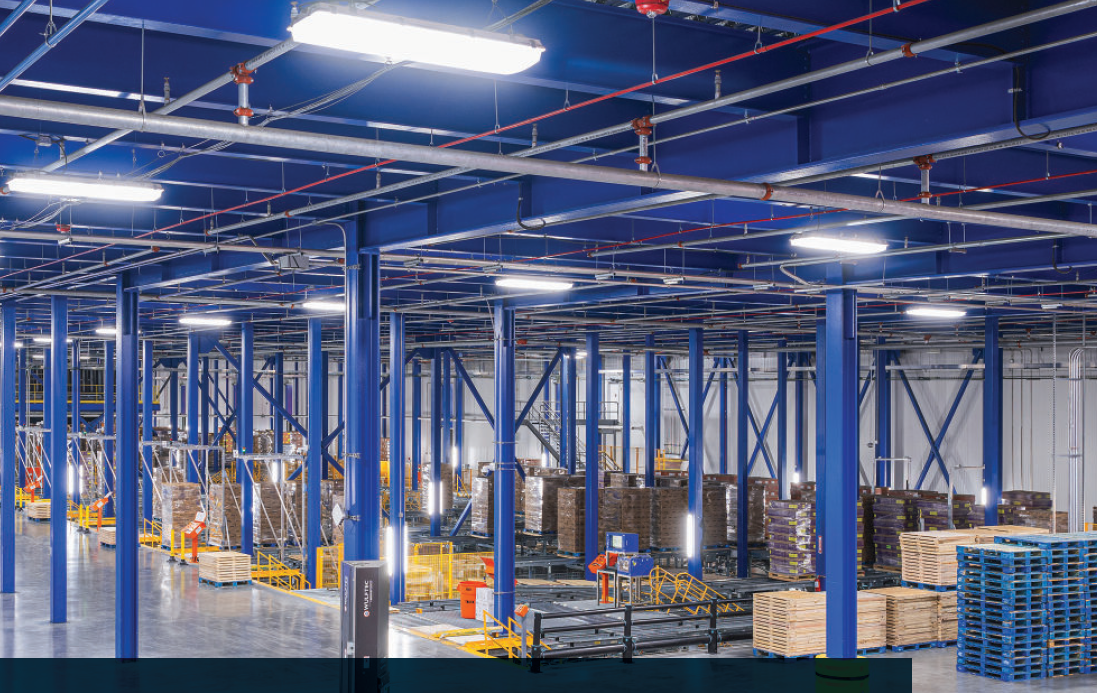#Trends, #Wellbeing
The Global Wellbeing Report 2024 reveals a paradox: while wellbeing remains a top priority worldwide, the pressure to be well is leading to burnout. Surveying over 16,000 respondents across 15 markets, the report identifies how societal expectations and personal struggles contribute to this cycle, leaving many feeling stuck.
Key findings highlight that 45% of people experience wellbeing burnout, a state of mental, physical, or social exhaustion. The pressure is particularly intense for younger generations, with 76% of Gen Z and 71% of Millennials feeling societal demands to prioritize their wellbeing. Moreover, 63% of those burnt out report feeling powerless to improve their wellbeing, exacerbating the problem.
The report identifies three main pressure points: unrealistic societal expectations, conflicting information about improving wellbeing, and a sense of isolation. Loneliness plays a significant role, as 89% of those experiencing burnout cite feeling disconnected as a major contributor.
However, the findings also propose actionable solutions to break the cycle. Strategies include:
This holistic approach highlights the importance of fostering authentic connections and prioritizing personal needs over societal pressures. By embracing small, intentional steps, individuals can achieve meaningful wellbeing without burnout.
Check the full report below: https://bit.ly/41EIgAz

Cold storage real estate is rapidly maturing, driven by pharma growth, food consolidation, and the shift to e-grocery.
Accessibility Tools